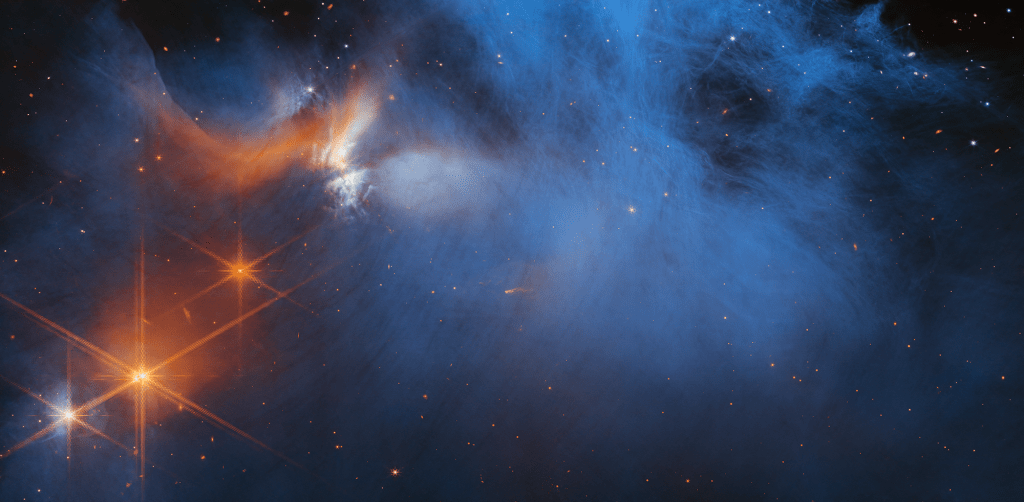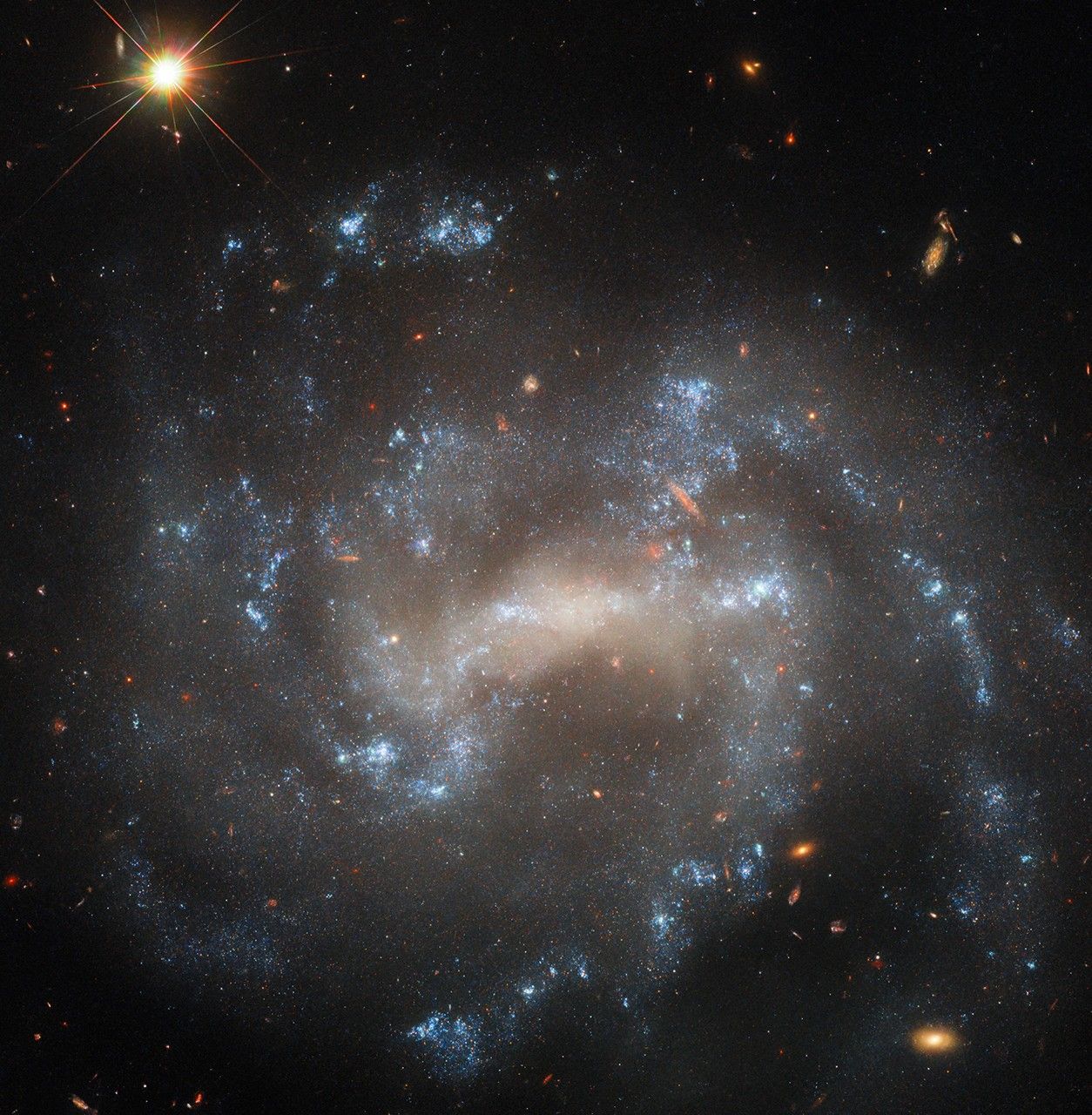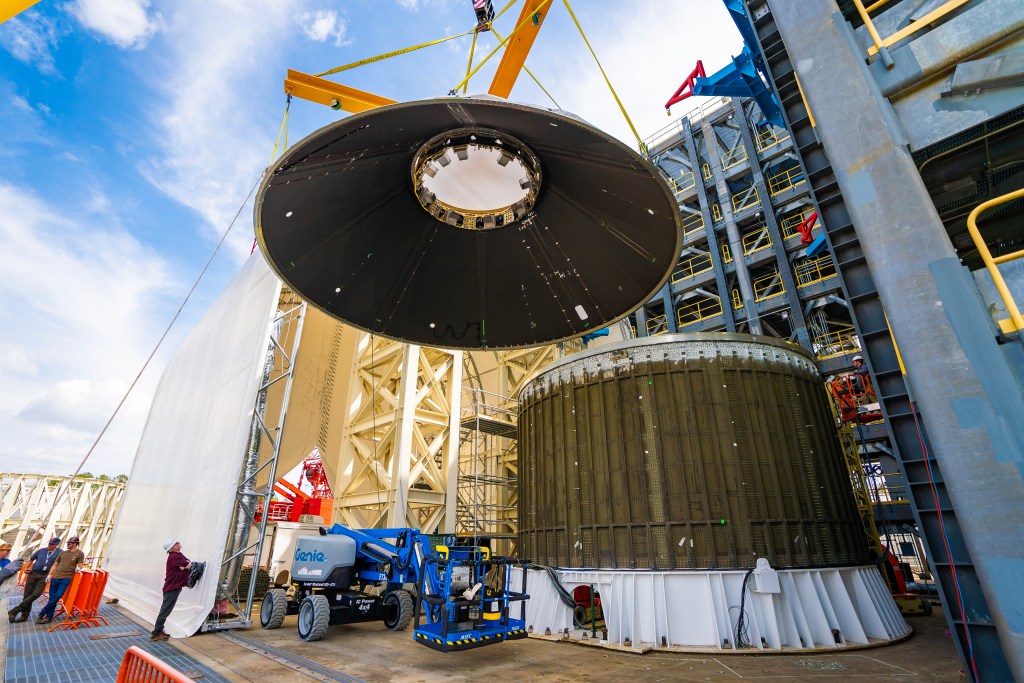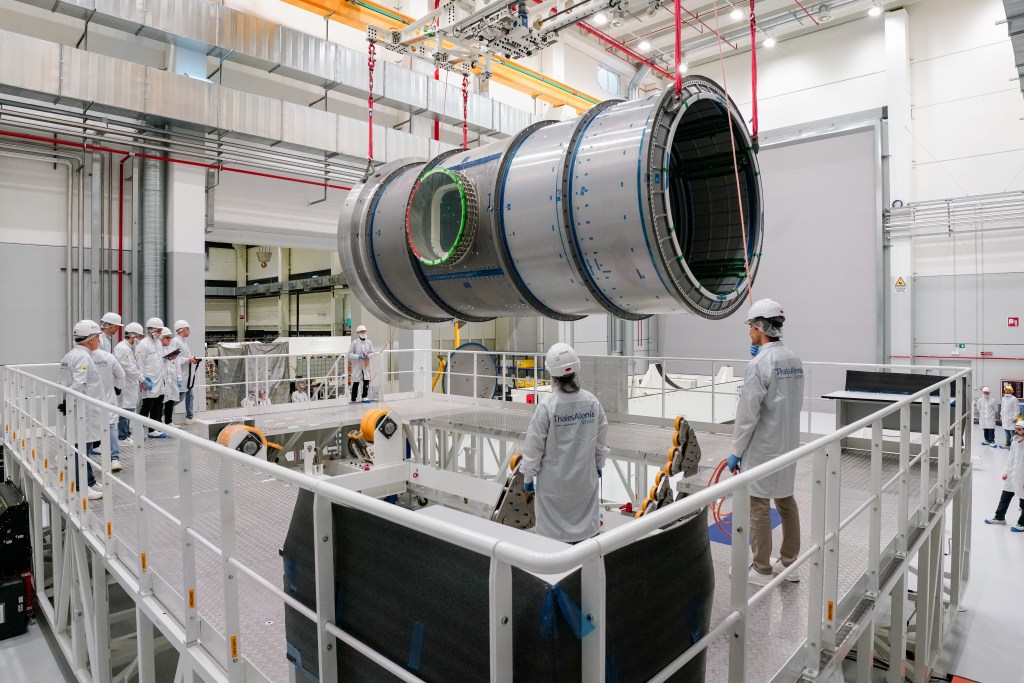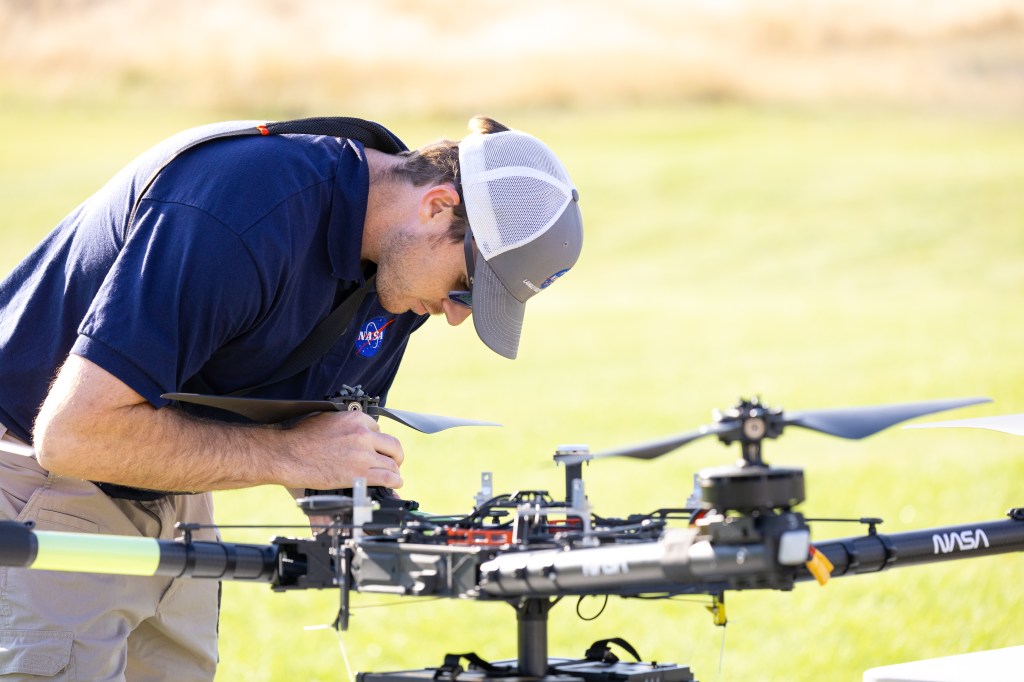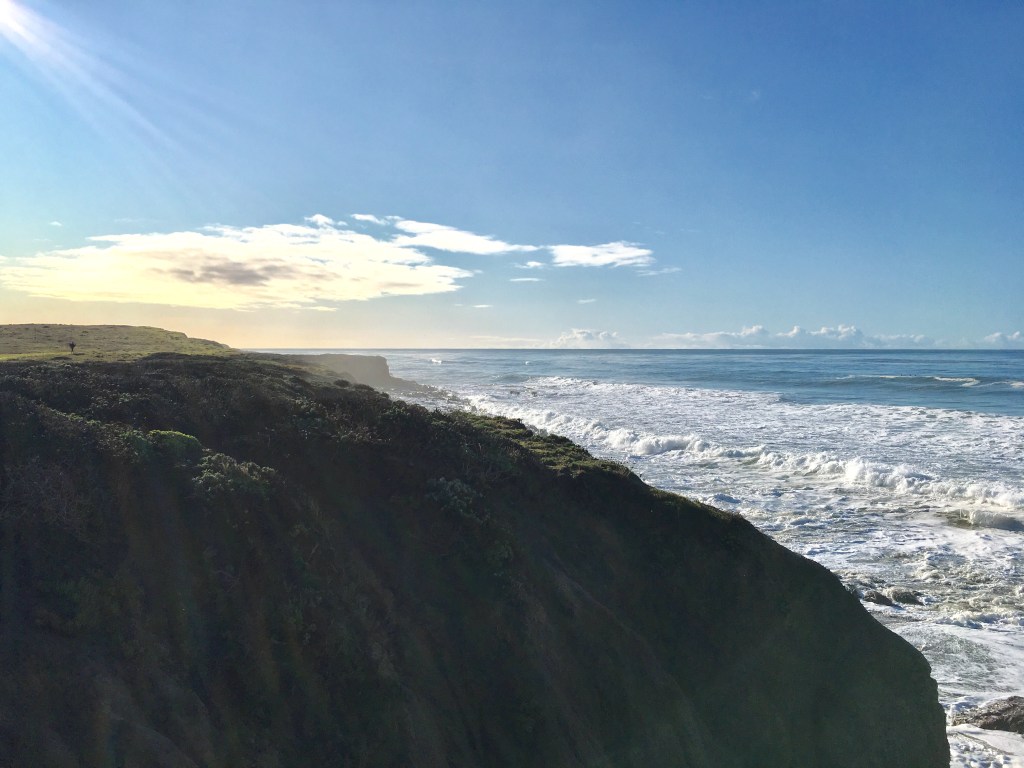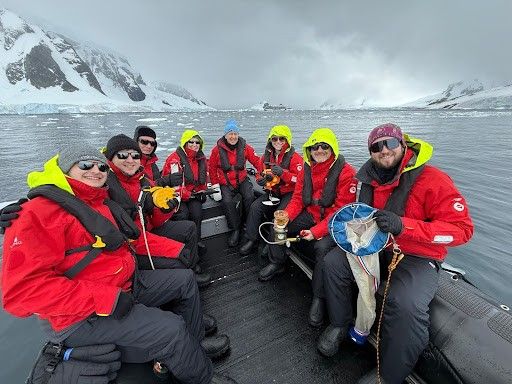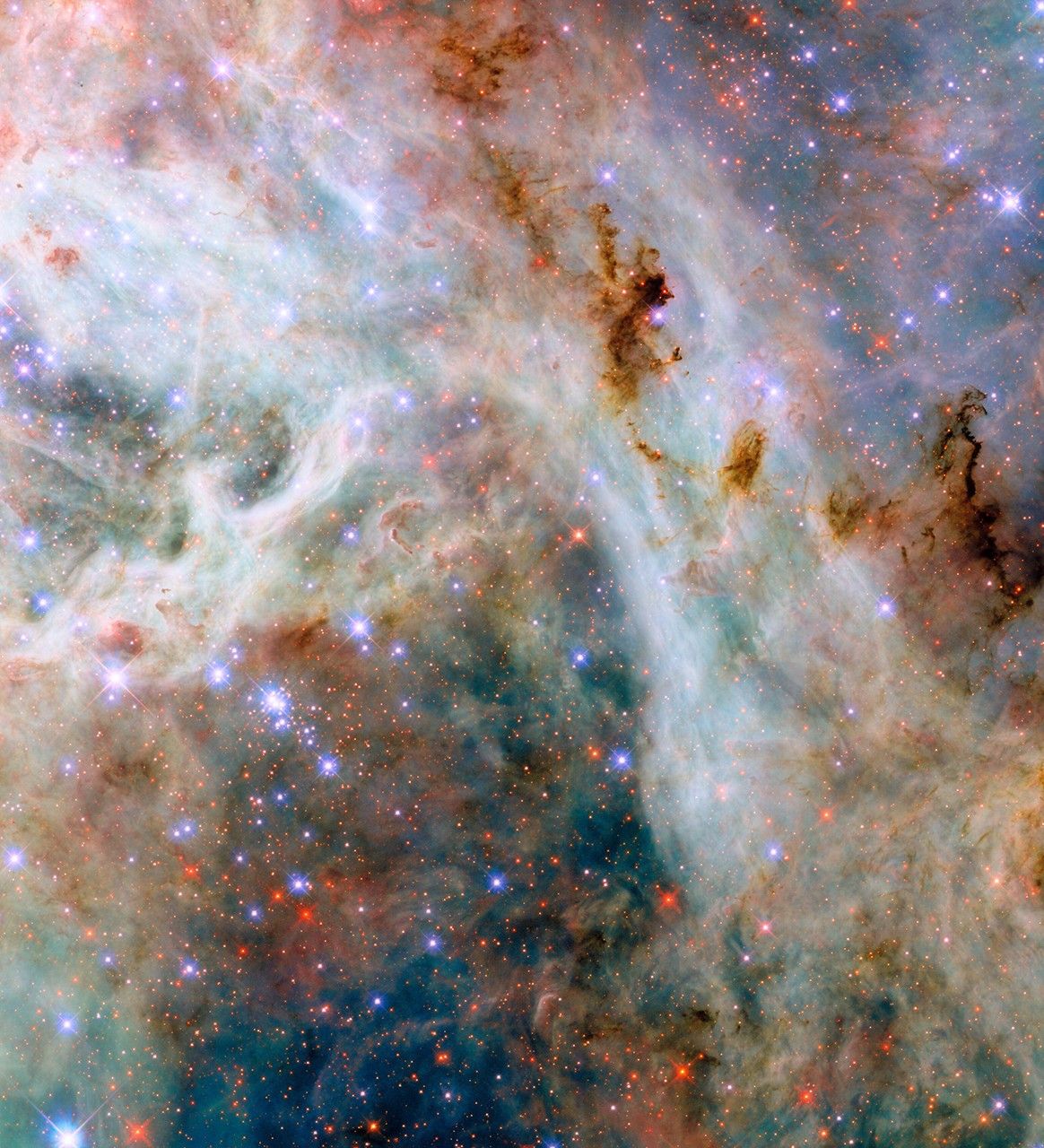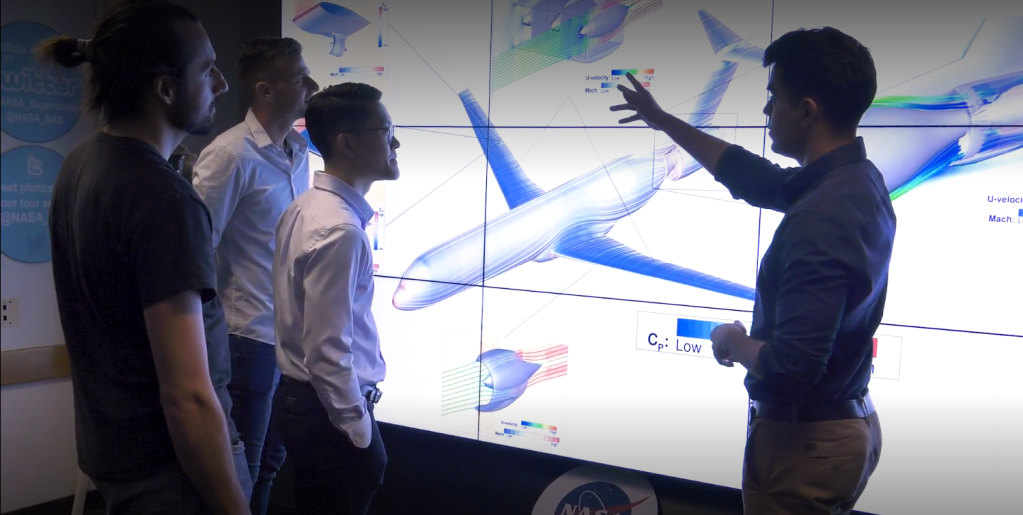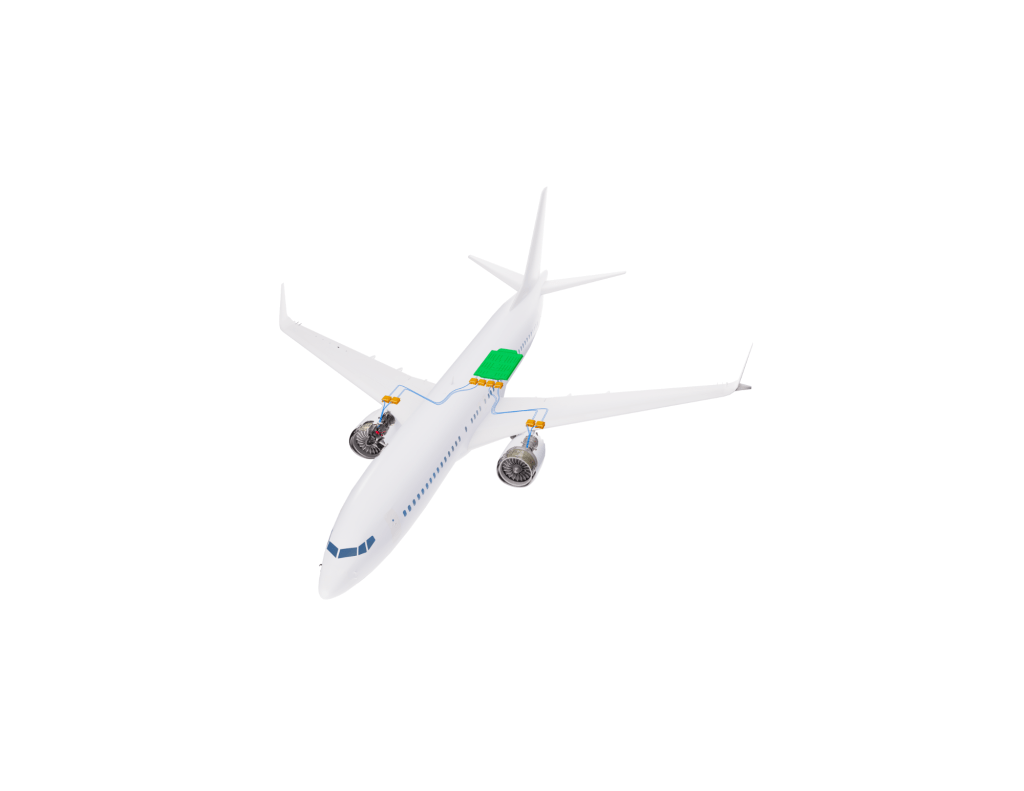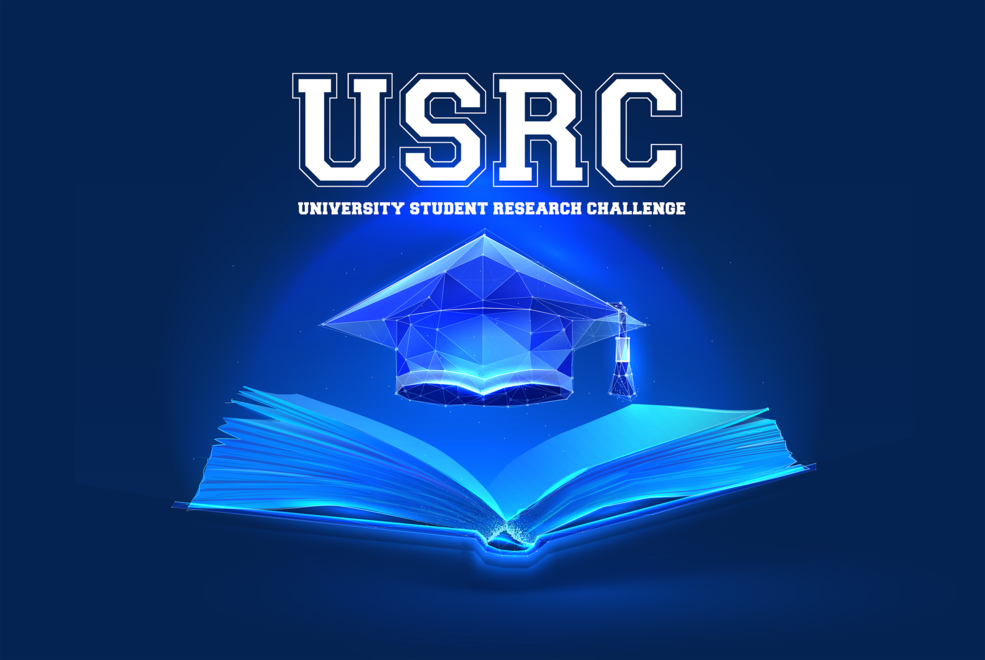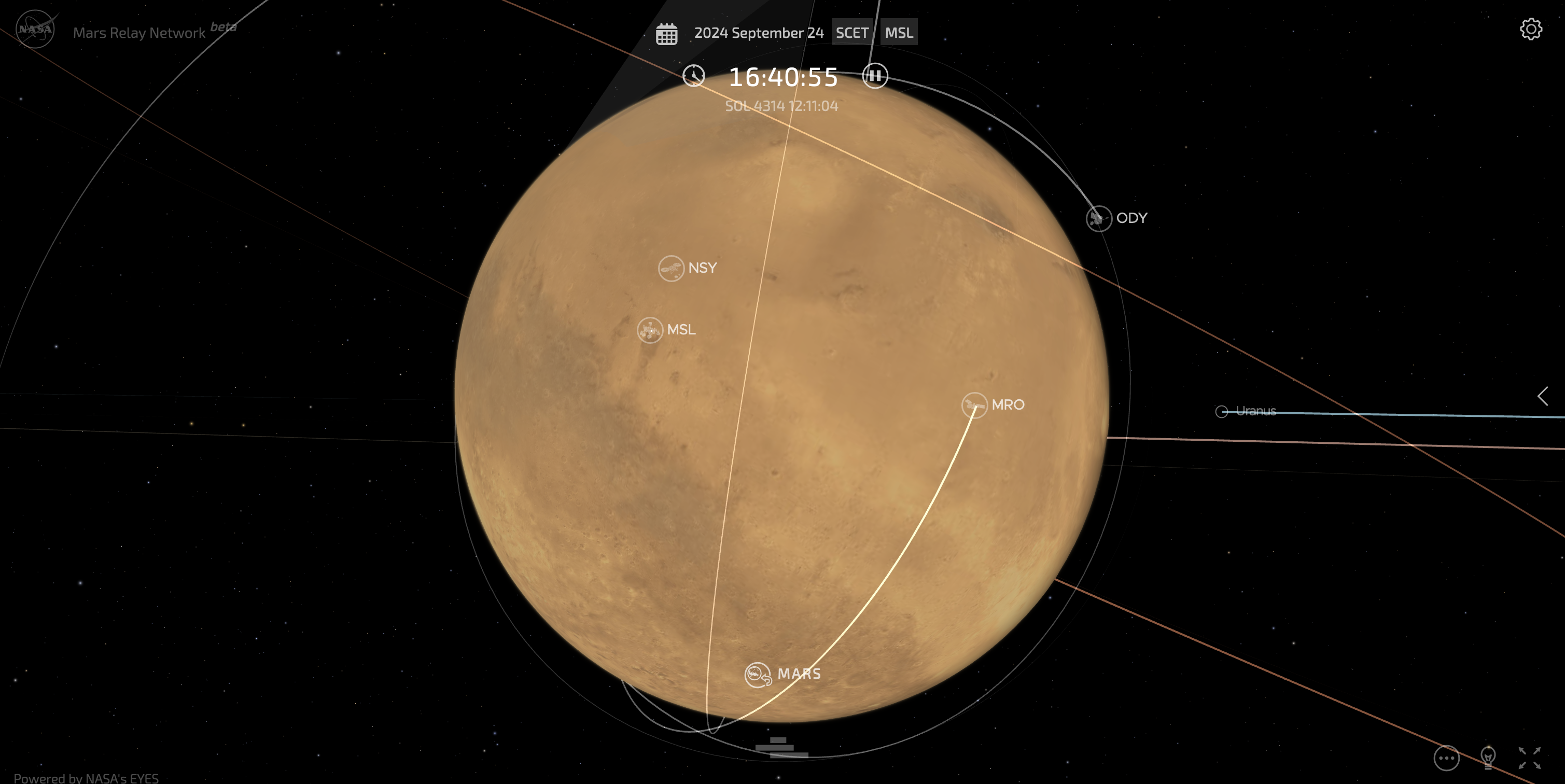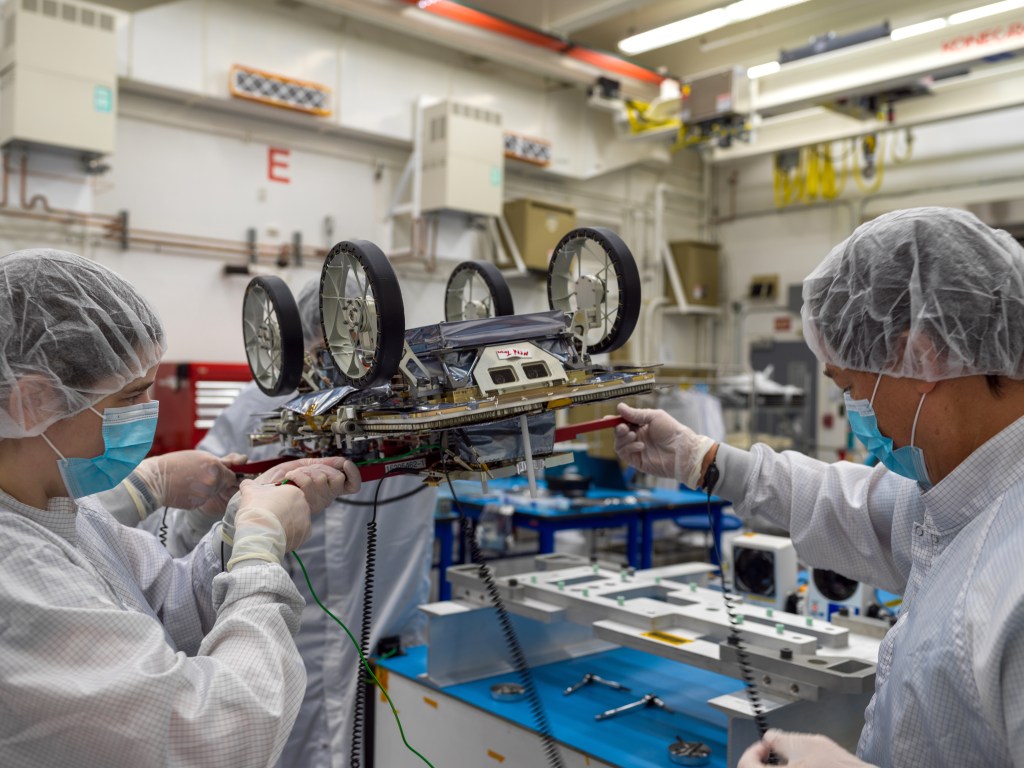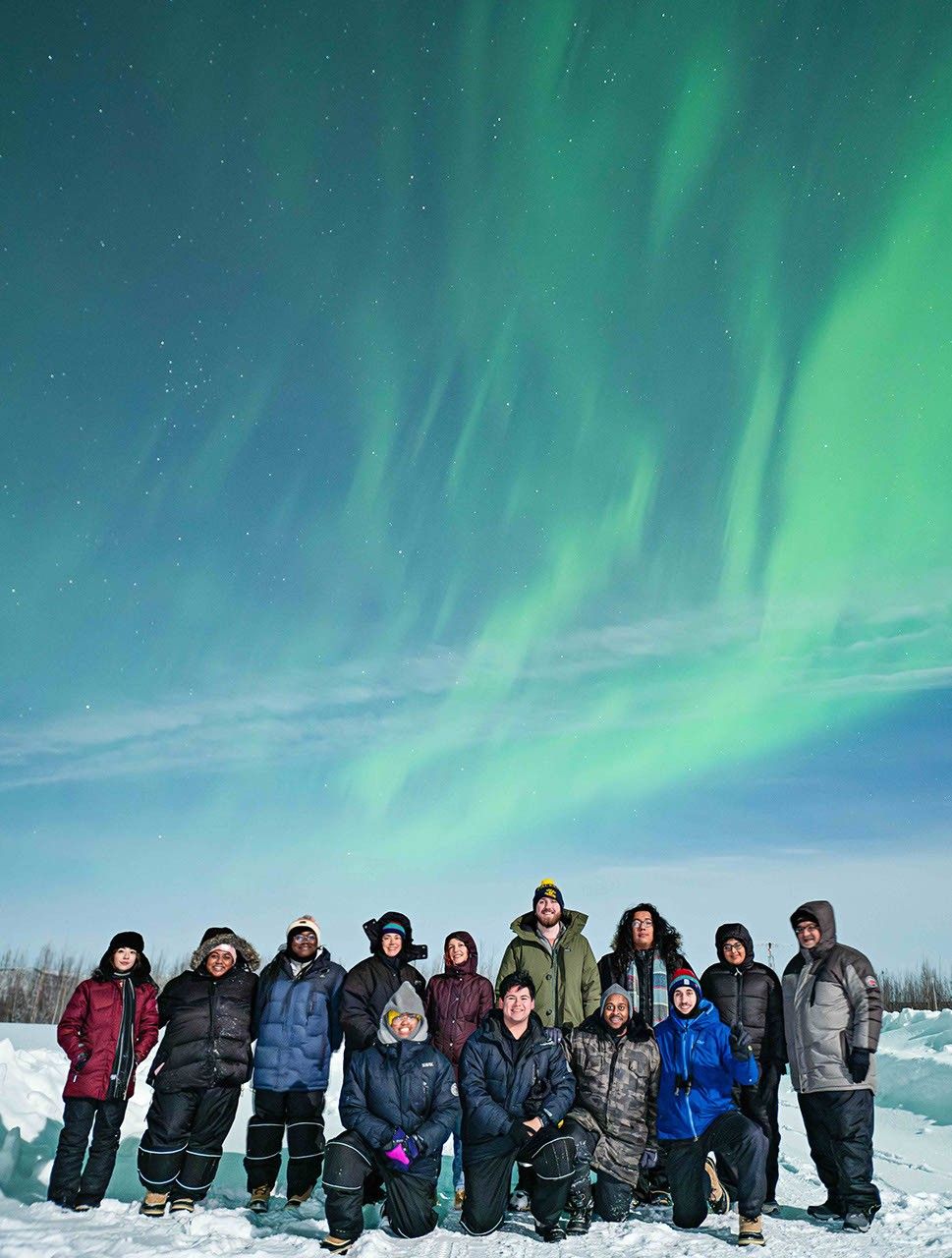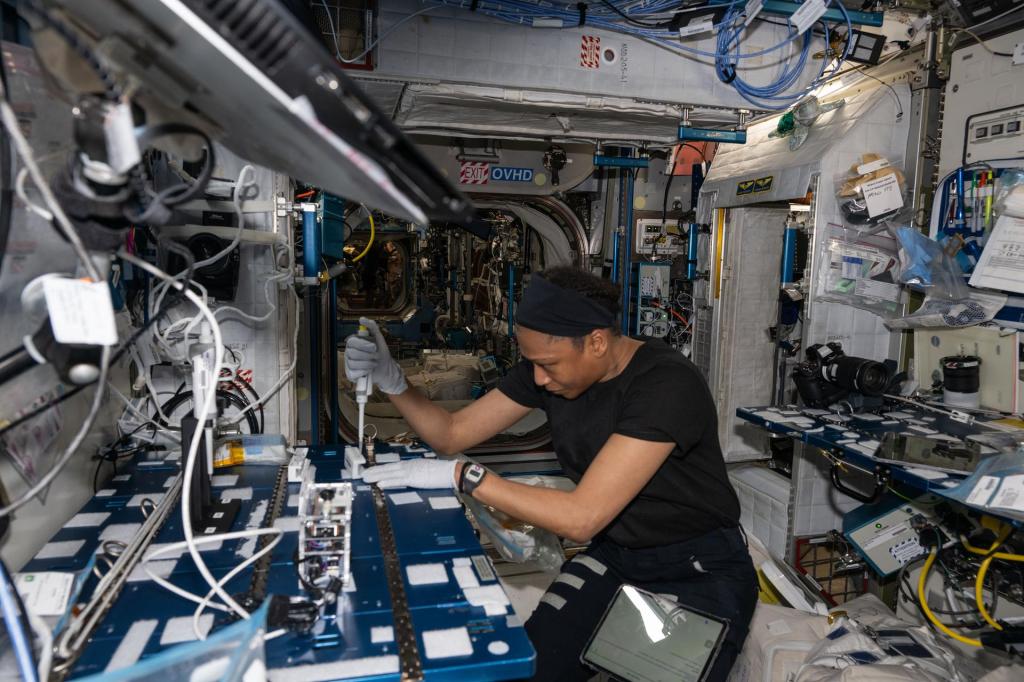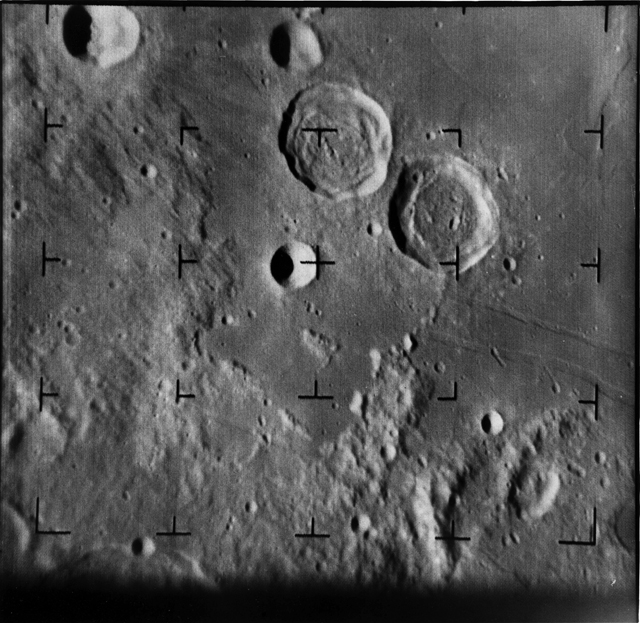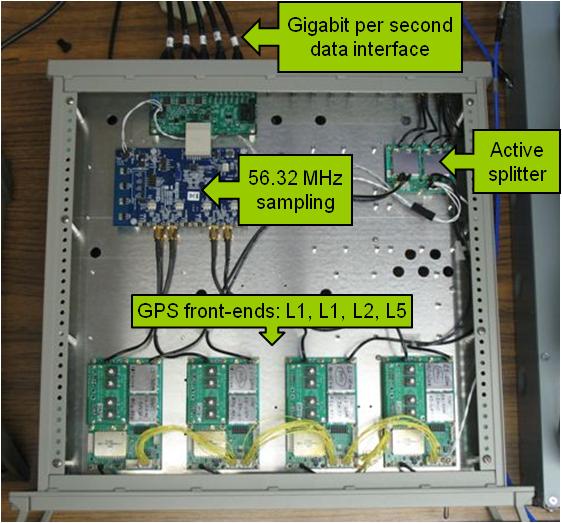Space Communications and Navigation (SCaN) sponsors grants relating to aspects of space communications and navigation.
University of Alaska Fairbanks (UAF)
Hosted by NASA’s Goddard Space Flight Center
SCaN established a three year grant with the University of Alaska Fairbanks (UAF) for community and secondary outreach using the Alaska Satellite Facility’s (ASF) Ground Station, one of SCaN’s Near Space Network (NSN) antennas.
Members of the NSN team provide direct classroom support to a series of high school science classes at the Effie Kokrine Charter School.
New Mexico State University
Michigan State University
NASA Wings Grant
Hosted by Southern Illinois University – Carbondale (SIUC)
Primarily funded by SCaN, the three year grant, NASA Wings, is a week-long camp designed to give interested high school students an opportunity to learn more about how space communication and navigation systems impact and benefit aviation. NASA Wings offers students the chance to explore careers in aviation and aerospace by providing ground and flight training at SIUC’s facilities. Participants attend ground school classes and fly university flight training devices and aircraft (weather permitting).
High school guidance counselors and math, science, technology and engineering teachers are encouraged to nominate a student to participate in this program. The camp is open to eight students each summer, and participants should have completed their freshman, sophomore, or junior year of high school. Nominations will be considered in the order in which they are received.
Ohio University Global Positioning System (GPS) Research Grant
This grant’s research focuses on signal monitoring and GPS capabilities for science missions and space operations from low-Earth orbit (LEO) to the maximum distance at which GPS signals can be received. This research will help to develop new applications, signal structures, and standards, as well as advanced receiver concepts for correction and monitoring networks to ensure the fidelity of the signals. During the course of this research, current and new GPS space applications will be investigated that could make use of high-sensitivity signal acquisition and tracking techniques, reception and processing of modernized GPS signals, antenna beam-forming, integrity monitoring, software radio techniques, and ultra-stable clock integration.
Space Generation Advisory Council (SGAC)
Since 2008, SCaN has supported the SGAC activities, an international non-profit organization that resulted out of United Nations Conference on the Exploration and Peaceful Uses of Outer Space (UNISPACE III) recommendations in 1999. The organization focuses on providing the younger generation, a global volunteer network between the ages of 18-35, a voice in space policy. SCaN support includes providing resources to SGAC’s annual (SGC) and the Youth for Global Navigation Satellite Systems (YGNSS) project. SCaN is continuing to foster this relationship, and to increase science, technology, engineering and mathematics (STEM) and space communications and navigation outreach that can be distributed throughout SGAC’s international networks.

